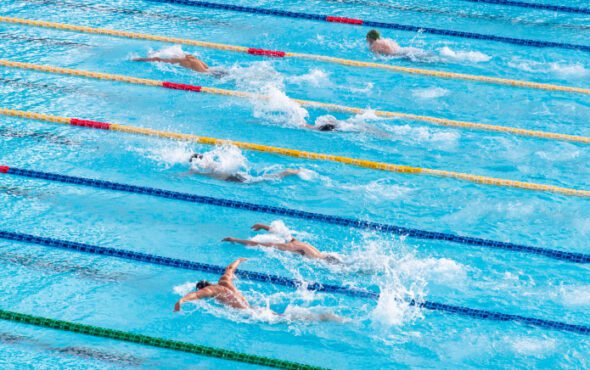
The National Collegiate Athletic Association (NCAA) announced changes to its transgender participation policy on 19 January.
The latest guidelines mean that trans women wishing to compete on a women’s team have to follow rules set by both national and international governing bodies, meaning a certain testosterone level will have to be met in order to participate.
Despite this, there was no medical or legal guidance provided in the announcement and “a sport-by-sport approach” will now be adopted to bring the NCAA in line with both domestic and foreign Olympic Committees.
“The NCAA Board of Governors on Wednesday voted in support of a sport-by-sport approach to transgender participation that preserves opportunity for transgender student-athletes while balancing fairness, inclusion and safety for all who compete,” the newly announced policy states.
It adds that the changes “will take effect immediately,” meaning trans student-athletes will have to provide proof of sport-specific testosterone levels a month before championship selections.
From the 2022-23 academic year, these competitors will also have to show extra documentation six months after the first.
“Approximately 80% of U.S. Olympians are either current or former college athletes,” said Mark Emmert, NCAA president, in the announcement. “This policy alignment provides consistency and further strengthens the relationship between college sports and the U.S. Olympics.”
The announcement comes during the ongoing debate about trans participation in sport, something which has been at the forefront of the media since trans athlete Lia Thomas of the University of Pennsylvania started competing on the women’s team at her school.
Prior to transitioning, Thomas spent three years competing on the men’s swimming team and has since been smashing records at the university.
“We are steadfast in our support of transgender student-athletes and the fostering of fairness across college sports,” added John DeGioia, chair of the board and Georgetown president. “It is important that NCAA member schools, conferences and college athletes compete in an inclusive, fair, safe and respectful environment and can move forward with a clear understanding of the new policy.”
What the new policy means for Thomas’ future remains unclear at this time, though could result in her being unable to take part in the upcoming NCAA Championships.



